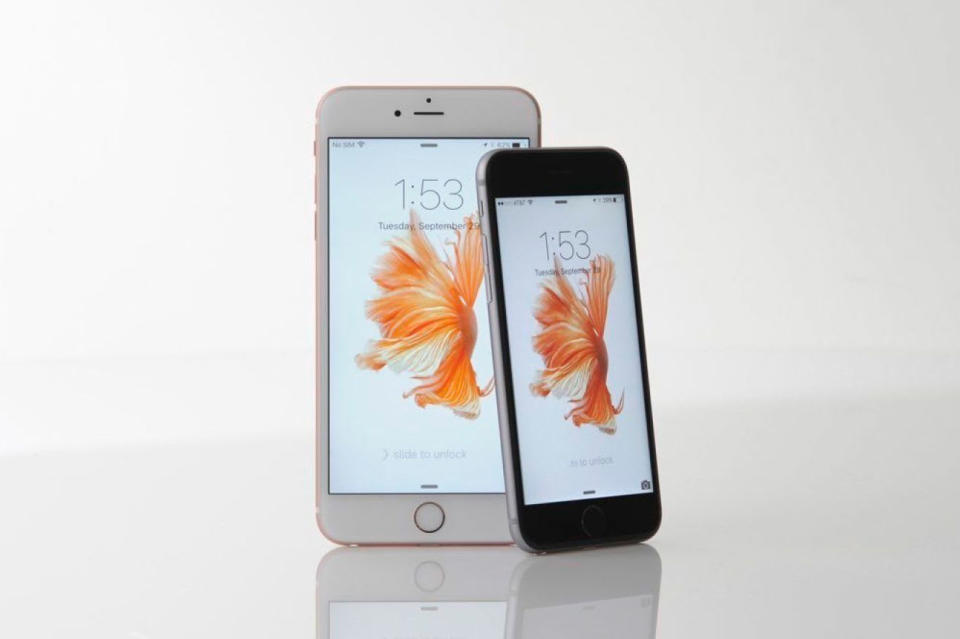Apple will pay up to $500 million to settle lawsuit over throttled iPhones
Owners of older iPhones can expect to get about $25 per device.
Apple will pay up to $500 million to settle one of the US lawsuits that came out of the company throttling older iPhones, according to Reuters. Depending on how many people ultimately try to take part in the settlement, you could get about $25 per phone, with a minimum of $310 million earmarked for consumers.
The settlement covers US iPhone 6, 6 Plus, 6s, 6s Plus, 7, 7 Plus and SE models that ran iOS 10.2.1 or later. It also includes the iPhone 7 and 7 Plus if they ran iOS 11.2 or later before December 21st, 2017.
According to Reuters, the lawyers who took on the case plan to seek up to $93 million in legal fees, plus up to $1.5 million in expenses. They called the payments "considerable by any degree," adding that they're "fair, reasonable, and adequate." We've reached out to Apple for comment to get its take on the settlement, and we'll update this article when we hear back from the company.
The lawsuit dates back to 2017 when Apple admitted it intentionally slowed down older iPhones with aging batteries to prevent them from shutting down. At the time, as an apology for its lack of transparency, the company temporarily lowered the price of out-of-warranty battery replacements from $79 to $29. Approximately 11 million iPhone owners took advantage of the promotion, which ended up hurting the company's bottom line.

 Yahoo Finance
Yahoo Finance 

